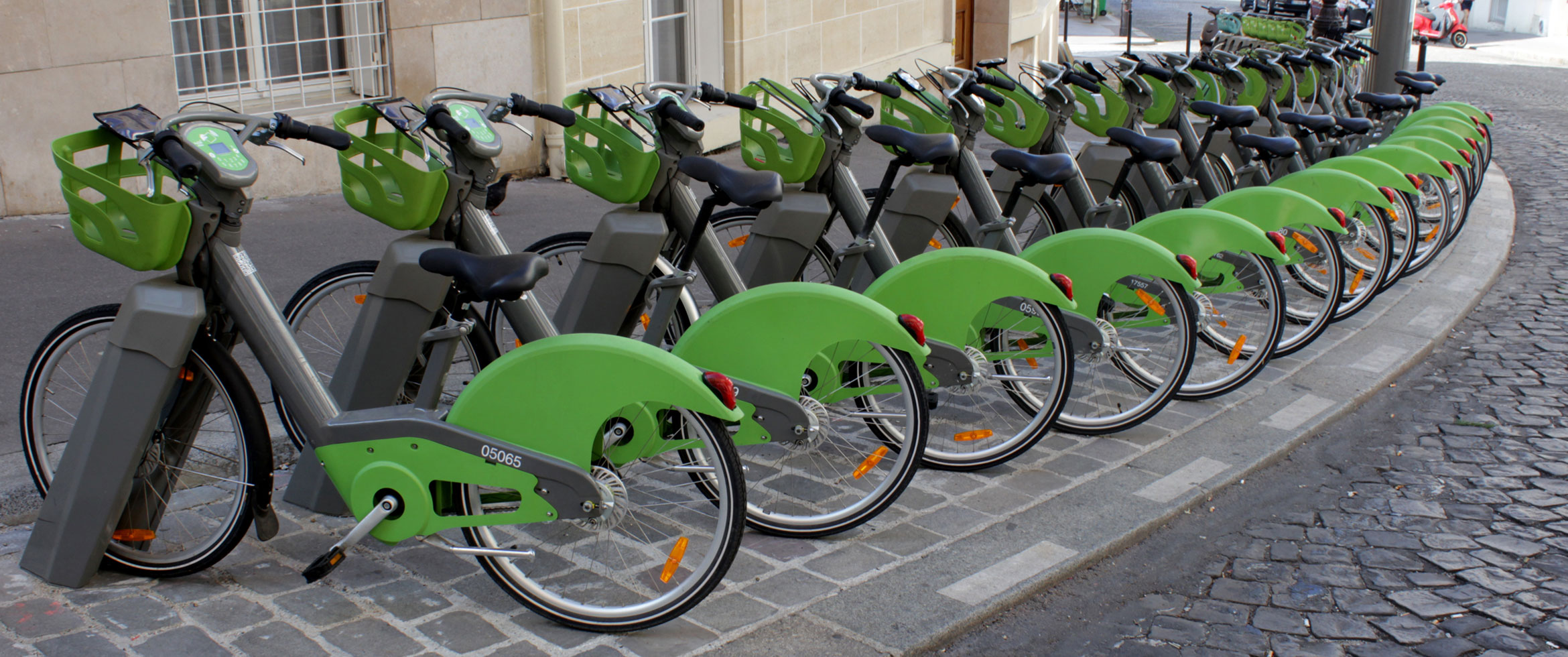Extending the Theory of Planned Behavior: Predicting the Use of Public Transportation
Heath, Y., & Gifford, R. (2002). Extending the theory of planned behavior: Predicting the use of public transportation. Journal of Applied Social Psychology, 32(10), 2154-2185. doi:10.1111/j.1559-1816.2002.tb02068.x.
Emotions, Habits and Rational Choices in Ecological Behaviours: The Case of Recycling and Use of Public Transportation
Carrus, G., Passafaro, P., & Bonnes, M. (2008, March). Emotions, habits and rational choices in ecological behaviours: The case of recycling and use of public transportation. Journal of Environmental Psychology, 28(1), 51-62.
Understanding Air Force Members' Intentions to Participate in Pro-environmental Behaviors: An Application of the Theory of Planned Behavior
Laudenslager, M., Holt, D., & Lofgren, S. (2004). Understanding air force members' intentions to participate in pro-environmental behaviors: An application of the theory of planned behavior. Perceptual and Motor Skills, 98(3,Pt2), 1162-1170. doi:10.2466/PMS.98.4.1162-1170.
Can Commitment Change Behavior? A Case Study of Environmental Actions
Katzev, R. & Wang, T. Can commitment change behavior? A case study of environmental actions. Vol. 9. 1994. 13-26.
Explaining Proenvironmental Intention and Behavior by Personal Norms and the Theory of Planned Behavior
Harland, P., Staats, H. & Wilke-Henk, A. M. (1999). Explaining proenvironmental intention and behavior by personal norms and the theory of planned behavior. Journal of Applied Social Psychology, 29, 12, 2505-2528.
Consumer Adaptation to Gasoline Price Increases
Pitts, R. E., Willenborg, J. F. & Sherrell, D. L. (1981). Consumer adaptation to gasoline price increases. Journal of Consumer Research, 8, 3, 322-330.
Are Psychological and Ecological Well-Being Compatible? The Role of Values, Mindfulness, and Lifestyle
Brown, K., & Kasser, T. (2005). Are psychological and ecological well-being compatible? The role of values, mindfulness, and lifestyle. Social Indicators Research, 74(2), 349-368.
Development of Script-Based Travel Mode Choice After Forced Change
Fujii, S., & Gärling, T. (2003). Development of script-based travel mode choice after forced change. Transportation Research Part F: Traffic Psychology and Behaviour, 6(2), 117-124.
Psychological, Sociodemographic, and Infrastructural Factors as Determinants of Ecological Impact Caused by Mobility Behavior
Hunecke, M., Haustein, S., Grischkat, S., & Böhler, S. (2007). Psychological, sociodemographic, and infrastructural factors as determinants of ecological impact caused by mobility behavior. Journal of Environmental Psychology, 27(4), 277-292.
Reduced Use of Environmentally Friendly Modes of Transportation Caused by Perceived Mobility Necessities: An Extension of the Theory of Planned Behavior
Haustein, S., & Hunecke, M. (2007). Reduced use of environmentally friendly modes of transportation caused by perceived mobility necessities: An extension of the theory of planned behavior. Journal of Applied Social Psychology, 37(8), 1856-1883.



